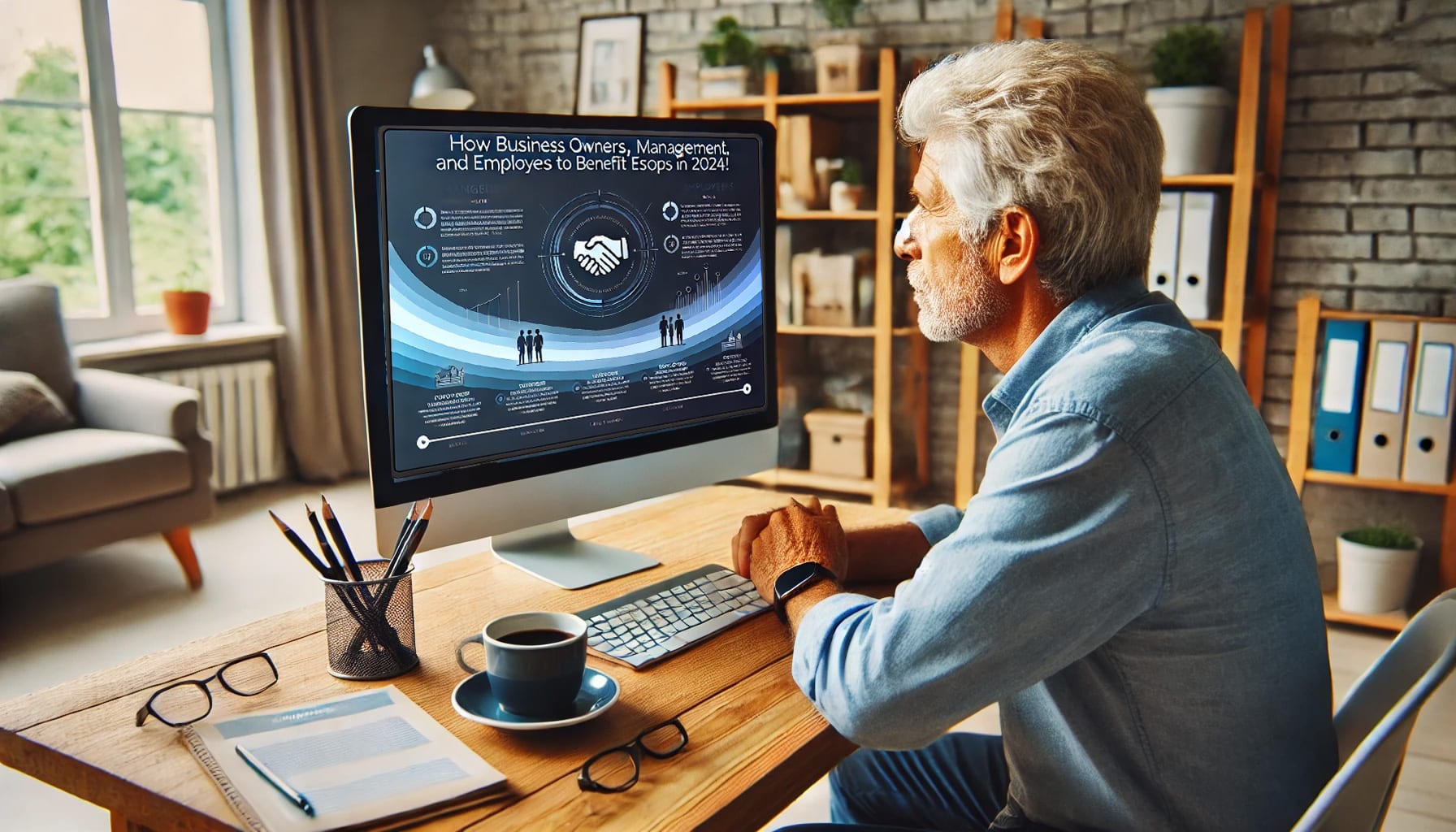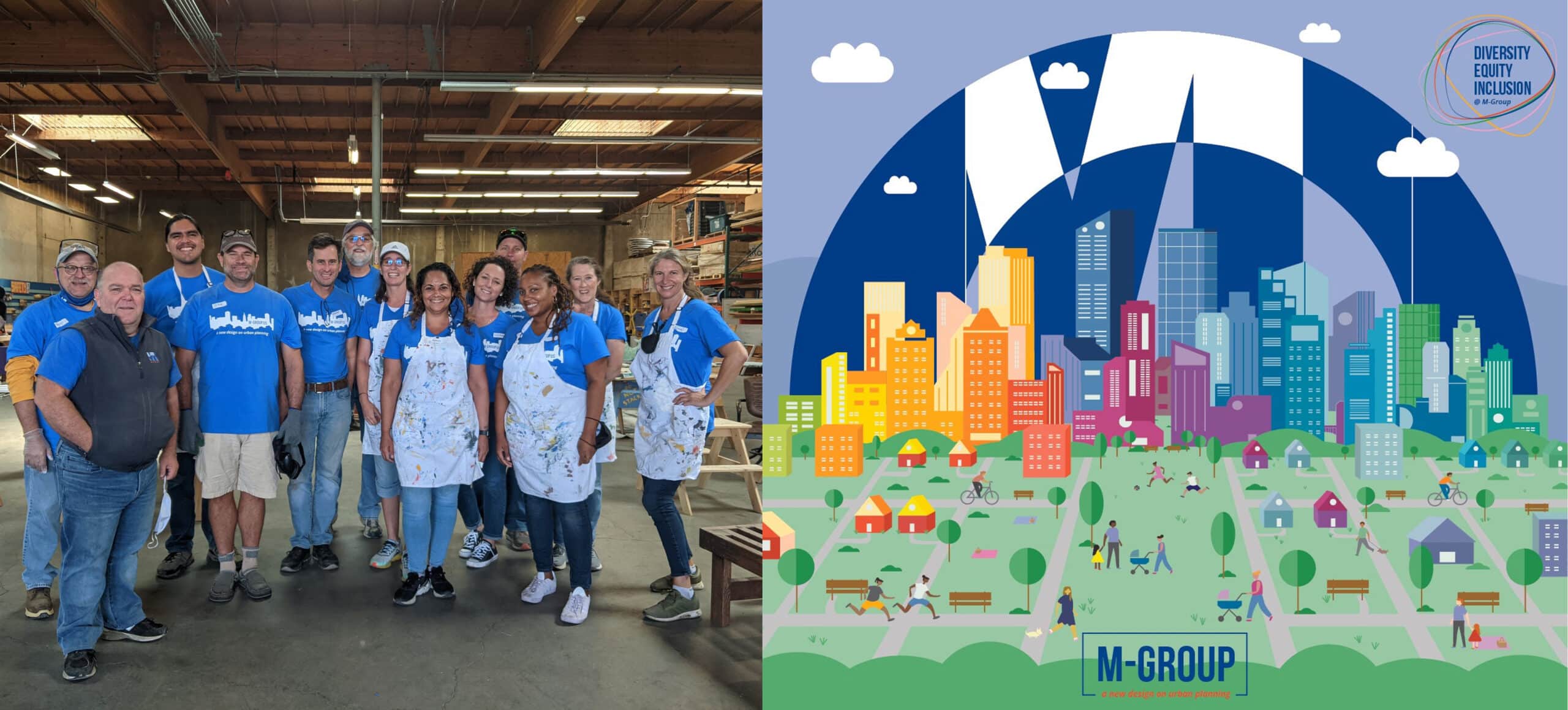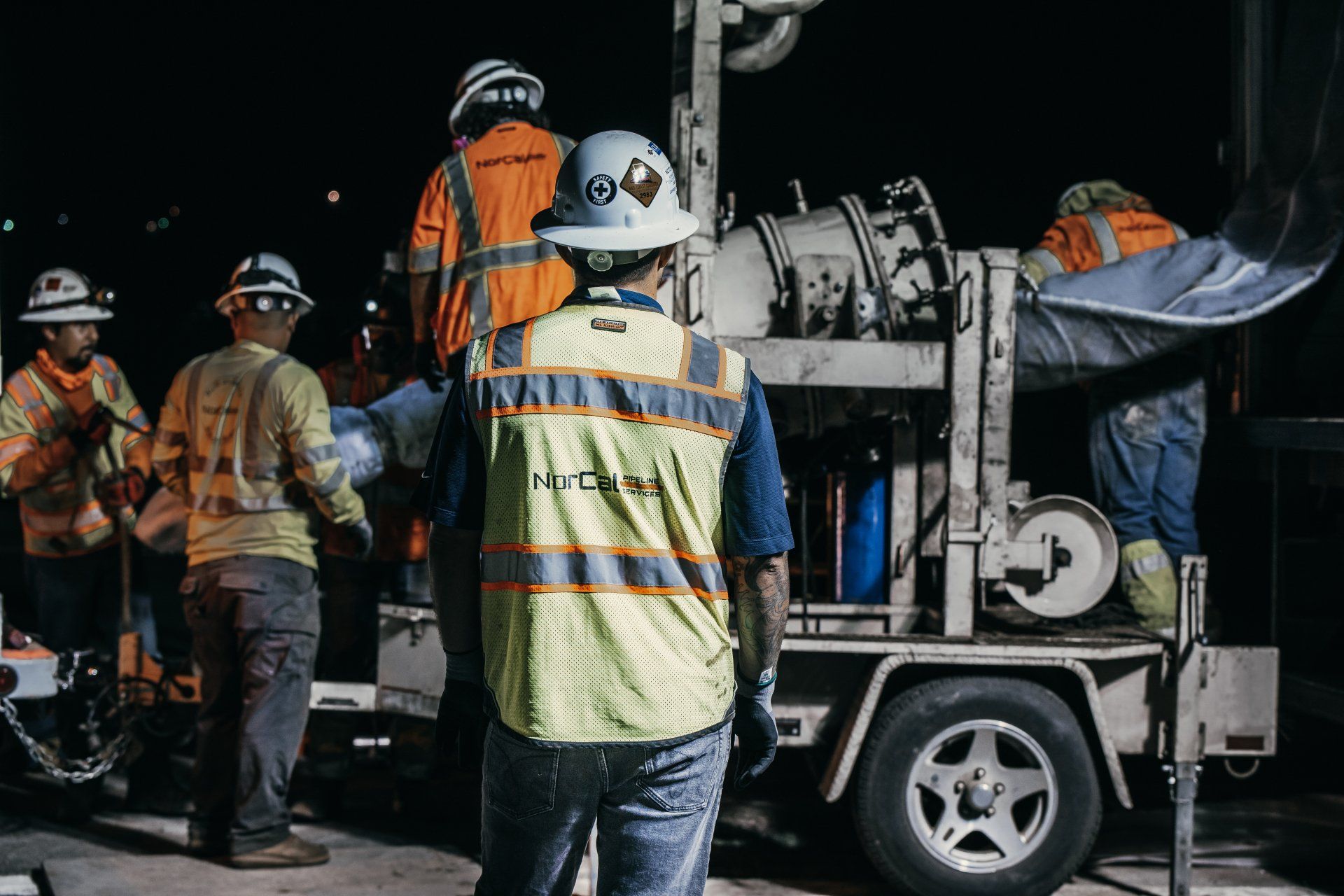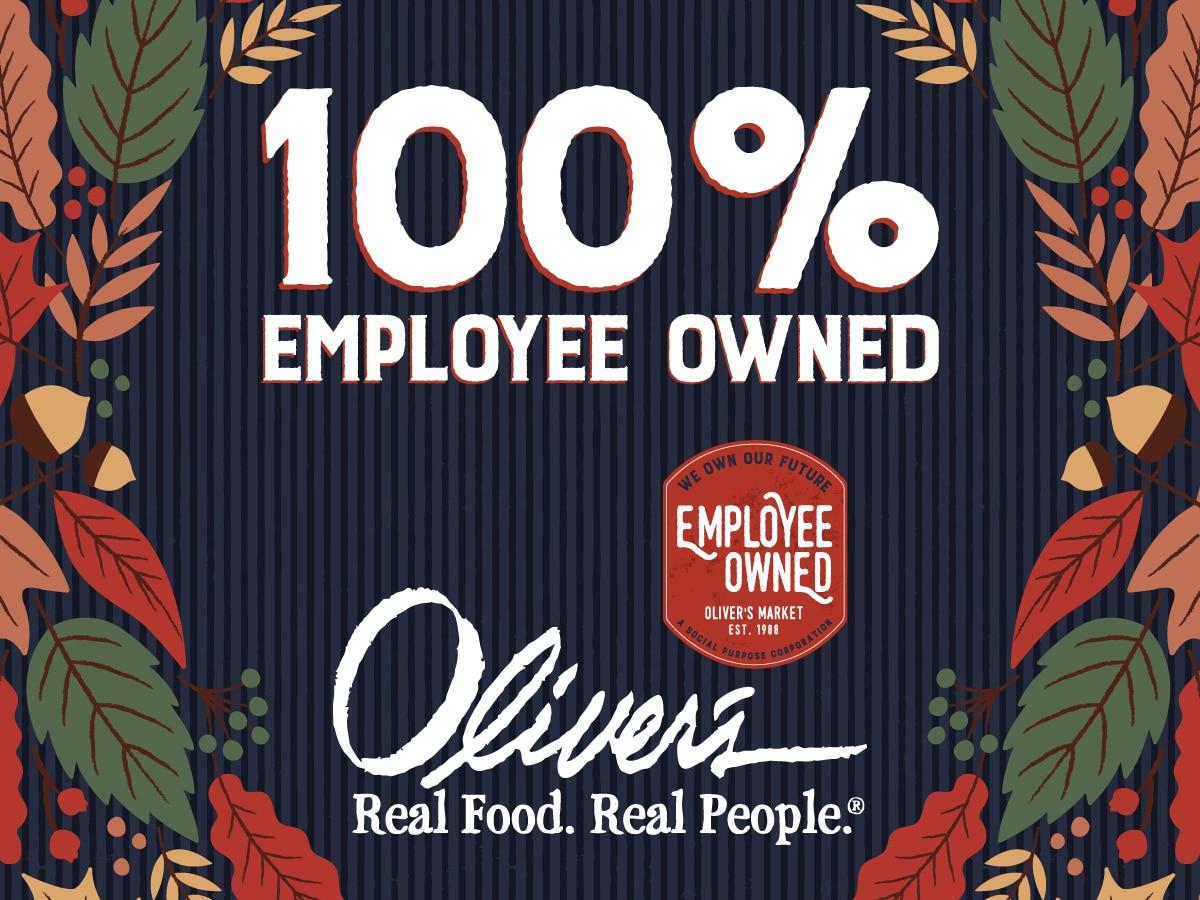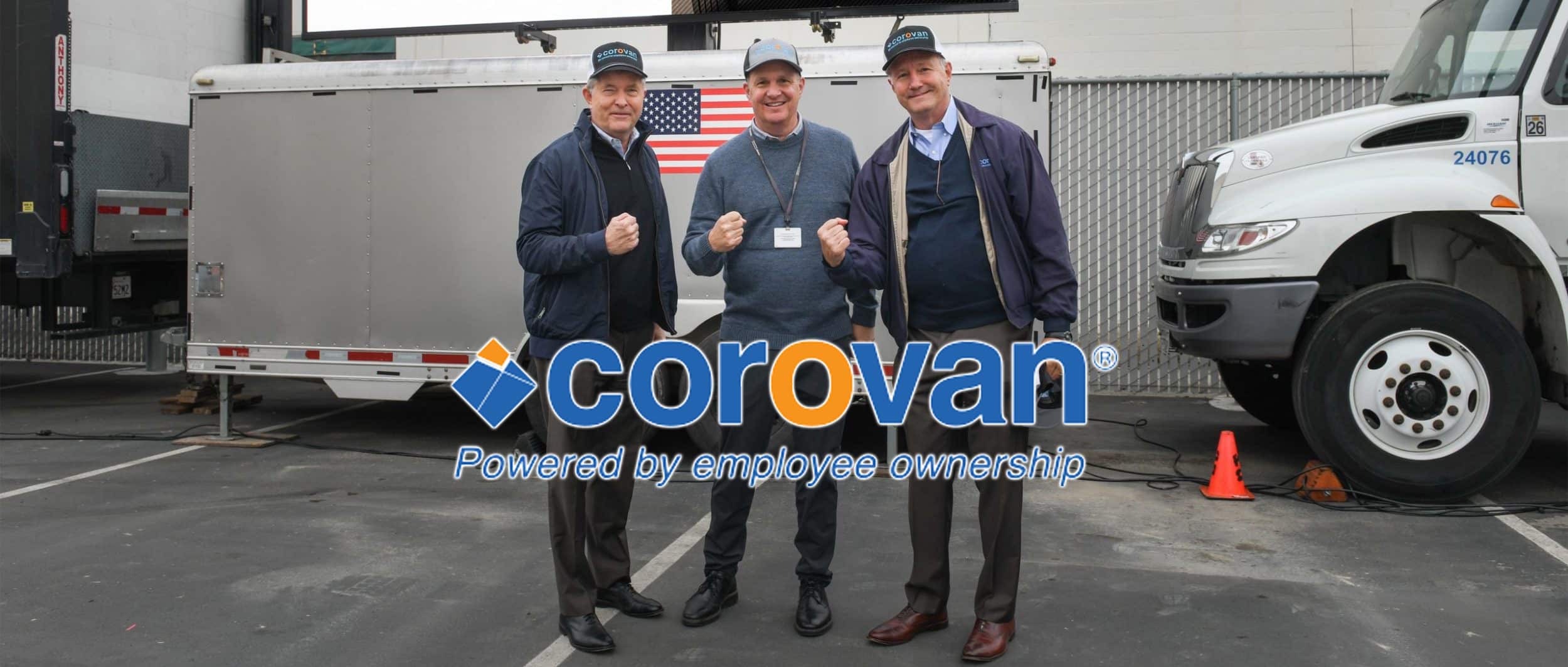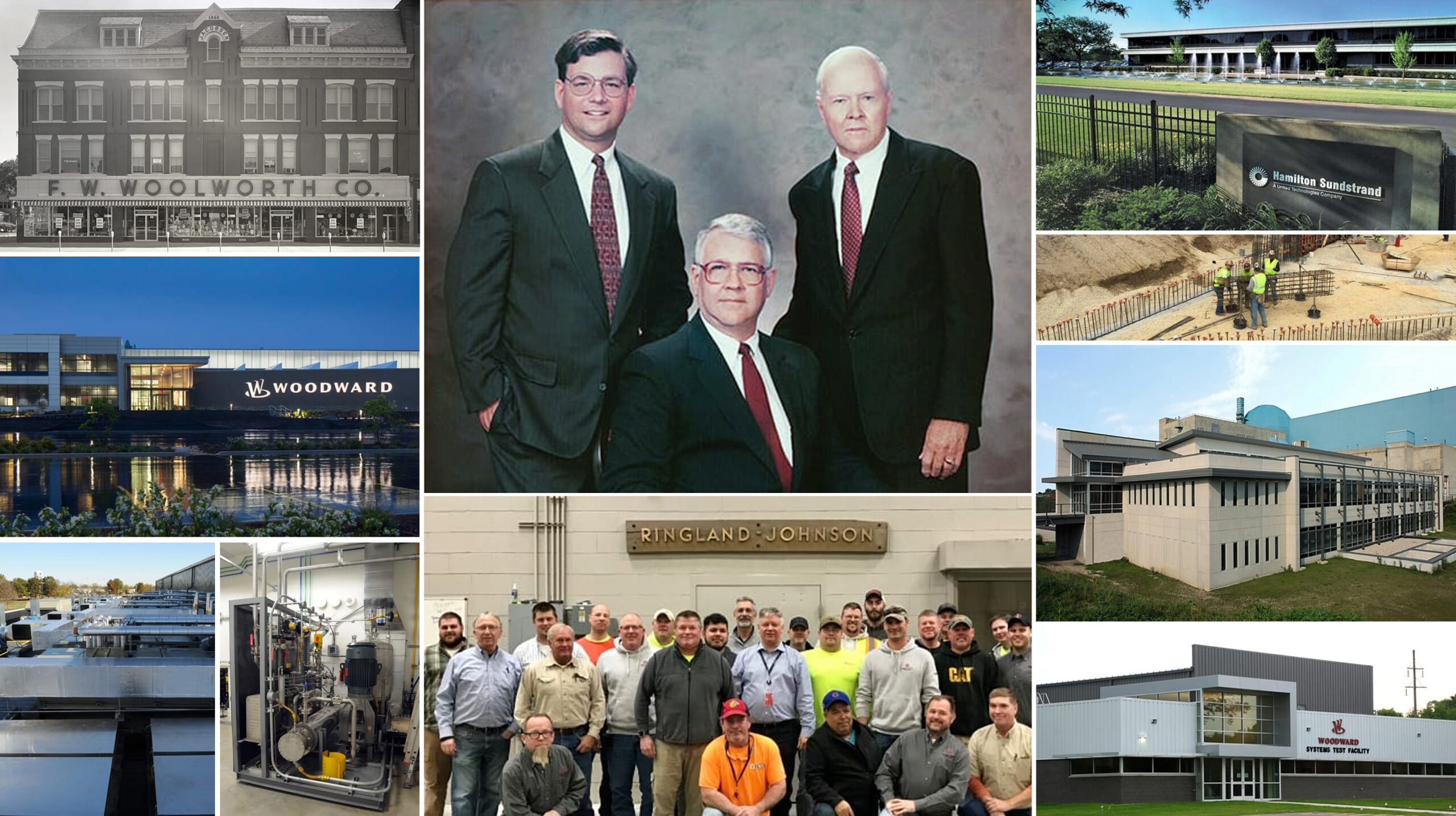As the COVID-19 pandemic rages on, many of us are wondering when things will get back to normal. When will life be normal again? When will business be normal again? What many people—business owners, workers, even politicians—are starting to realize is, the old normal may never come back. And that could actually be a good thing.
When tested with the challenges of the pandemic, the old normal failed. It allowed for record-shattering unemployment and a national eviction crisis that is only beginning to unfold, with alarming similarity to the impact of the financial crisis in 2008. It allowed vulnerable low-income and minority communities to be disproportionately hurt, with little support. The old normal left 40% of American households without enough savings to endure a medical emergency in the midst of the largest health crisis of the century.
America can do better than the old normal. We can build a new one; one that lifts people up, creates better jobs, and puts workers and businesses alike in a better position to survive whatever challenges may come. Employee Stock Ownership Plans are poised to be the cornerstone of that better American economy.
At the end of July, The National Center for Employee Ownership (NCEO) published the results of a survey of ESOP companies asking them how their ESOP and ownership culture has impacted their COVID-19 response. Two-thirds responded that it has had a very or somewhat positive effect on their response to the pandemic, versus only 3% who reported any sort of negative effect.
It has often been said that ESOP companies are more resilient in the face of adversity. Studies have shown that ESOP companies fared better than traditionally-owned businesses during the last two recessions; notably, ESOP companies were 50% less likely to lay off employees. The NCEO survey represents the first wave of evidence showing that ESOP companies have continued to benefit from their employee-owed status during this latest downturn, as well.
Some notable quotes from survey respondents:
- “The culture of employee ownership has created a confidence among our employees that we will take care of their financial needs first during this crisis. It has helped keep us together and helped us to be patient,” one survey respondent said.
- “I feel our strong ownership culture has provided common ground in our transition to everyone working from home to support the firm and our clients.”
- “An ownership mentality and transparent communications on challenges and successes allows everyone to feel like we are in the current circumstances together, and we’ll move forward to a brighter future, together.”
- “The employees see the value of their contribution to the success of the company.”
At a time of unprecedented challenges, when necessary social distancing is making it harder than ever before for employees to feel connected to one another and to their companies, the transparency and employee-centric mentality of ESOP companies are helping employee-owners stay engaged, motivated, and productive.
American ESOPs started with the federal ERISA legislation co-authored by John Menke in 1974, and now, as NCEO founder Corey Rosen noted in his recent op-ed, Washington is once again taking notice of the positive impact that ESOPs can bring.
Senator Ron Johnson (R-WI) and Representative Alexandria Ocasio-Cortez (D-NY) are perhaps as diametrically opposed in their views as any two members of Congress, and yet both have recently put forward legislation designed to promote employee ownership.
Senator Johnson’s bill, The Temporary Federal ESOP Grant Program Act (S. 4236), has bipartisan support from co-sponsor Sen. Tammy Baldwin (D-WI). This legislation would encourage companies to create or expand ESOPs by offering up to $20,000 in federal grants per plan participant to purchase shares, as well as up to $50,000 toward transaction fees. Under this bill, a company with 50 employees could receive over a million dollars in grants, enabling each of those employees to begin life as an employee-owner with $20,000 worth of shares in their account.
Rep. Ocasio-Cortez’s bill, meanwhile, would require public companies with an aggregate market value of at least $75 million that receive any sort of federal aid related to the COVID-19 pandemic to use to provide broad-based employee ownership until their grant is fully repaid, effectively ensuring that employees of these large companies see some direct benefit from the grant funds.
Neither bill has received a vote as of yet, but we at Menke will do our best to keep you informed of any progress on these, or other pieces of ESOP legislation.
Employee ownership, and ESOPs specifically, is one of the rare areas where Republicans and Democrats consistently agree, and have been making strides in recent years. Lawmakers on both sides on the aisle recognize that when employees have a true stake in their companies, businesses do better, employees do better, their customers do better, and their communities do better.
In addition to increased retirement savings, the employee-centric mentality of ESOP companies lead to higher wages, increased job security and longevity, and greater financial literacy for employee-owners compared to employees in similar positions at traditionally-held companies. As we discussed in our article co-authored with Hilary Abell of Project Equity, these factors give ESOPs the power to narrow the racial wealth gap.
America’s recovery from the coronavirus is far from complete, and sadly, another wave could very well force businesses that have only just reopened to shut their doors once again. But as we recover and rebuild, ESOPs may provide business owners and employees alike with the path to a fairer, stronger economy for all.
Contact us today to schedule your free preliminary analysis to see if an ESOP is the right choice for your business.
Menke & Associates, Inc. has helped over 3,500 companies successfully transition to employee ownership. Our holistic ESOP approach enables a positive outcome for the company, its employees and its shareholders. We believe ownership is powerful.


